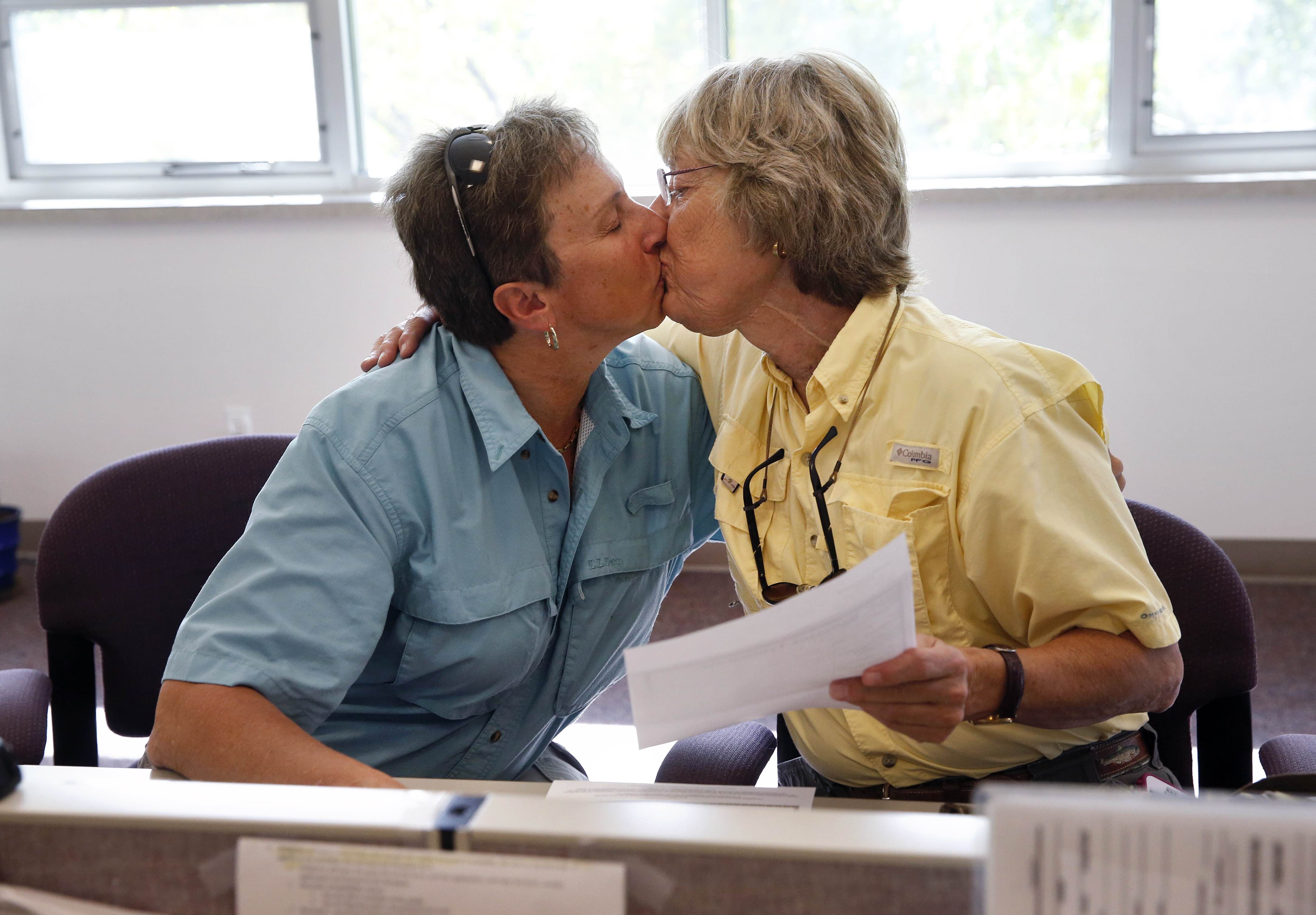Summary
Colorado voters passed Amendment J, removing language from the state constitution that defined marriage exclusively as a union between one man and one woman.
This 2006 provision, previously enshrined by Amendment 43, conflicted with the 2015 U.S. Supreme Court ruling legalizing same-sex marriage nationwide.
Supporters, including LGBTQ+ advocacy group One Colorado, argue that Amendment J safeguards same-sex marriage in the state if federal protections are ever overturned.
Opponents, like Focus on the Family and the Colorado Catholic Conference, uphold traditional marriage definitions, asserting that marriage should reflect biological complementarity and support children’s well-being through both maternal and paternal roles.



woah, thanks for the lesson.
Perhaps a federation would be more suited for America instead of one government that decides for all even though every state has its own set of problems?
This was a massive debate for the first decades of the country.
That’s how it was designed. The federal government was supposed to be a weak organization only to organize between states and other countries. In practice, the federal government gradually increased its own power, culminating in the Supreme Court affirming it: https://en.wikipedia.org/wiki/Wickard_v._Filburn